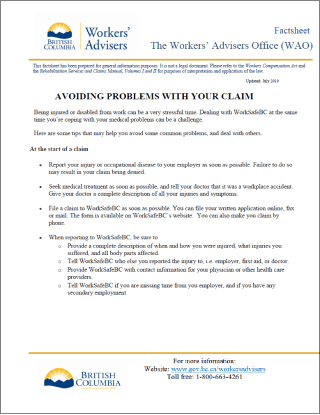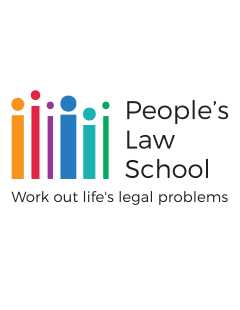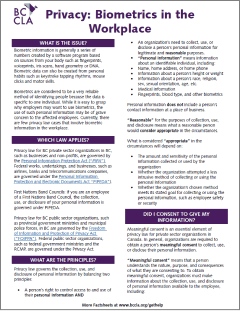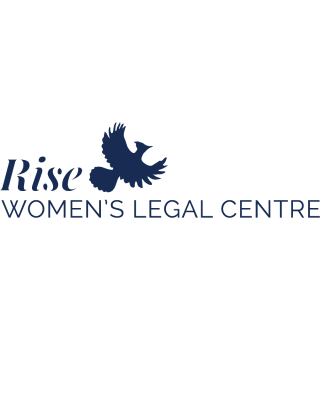
Avoiding Problems with Your Claim
Workers’ Advisers Office (Government of BC)
Guidance for those who have been injured or disabled from work and are planning to file or have filed a WorkSafeBC claim. It lists what to do at the start, advises you to follow up with your doctor regularly and to document all communications, and explains how to challenge a decision or file a complaint.
Last reviewed October 2025



